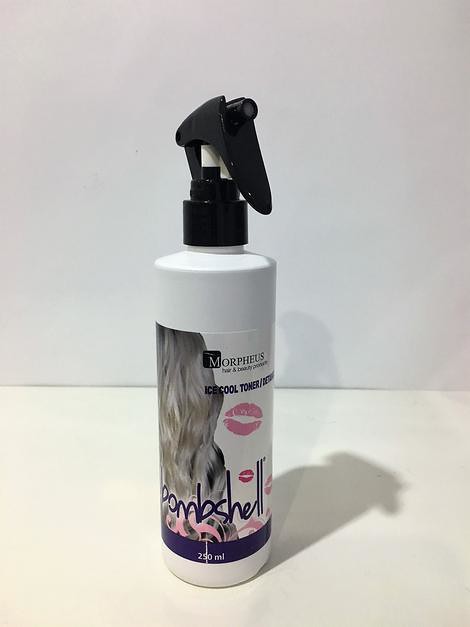Reusable Cotton Pads – The Eco-Conscious Alternative to Disposable Pads
Reusable cotton pads are the eco-conscious alternative to traditional single-use disposable ones. They reduce product waste, are cheaper over time and offer a soft feel on the skin with greater absorption.
Saturate with your favorite cleansing product and wipe away makeup, sweat and oil from your face and neck. Then pop them into a mesh laundry bag and machine wash to use again.
Cost-Effective
Traditional cotton pads are single-use and cost more than reusable alternatives. They also contribute to the massive volume of waste from the beauty industry and, if they’re not recycled, they end up languishing in landfills or washing into our waterways and oceans where they harm sea life.
Reusable cotton pads, cloths and mitts are an eco-friendly alternative to disposable face wipes and cotton balls. They can be used to remove makeup, apply skin care or to remove nail polish and come in a range of sizes and designs. Most are machine washable and some come with mesh or cotton wash bags designed to keep them together while they’re being washed.
While it’s true that some reusable products may require a little extra work, the overall benefit is worth it for the environment and your wallet. Single-use cotton Disposable Cotton Pads pads require an enormous amount of energy and chemicals to make, and they can take a long time to decompose. They’re also abrasive on the skin and not as absorbent as their reusable counterparts.
Organic reusable cotton pads are an excellent choice because they’re made from an environmentally friendly material that doesn’t use any pesticides or synthetic chemicals. The pads are also large, thick and double-sided for easy cleansing and toning. Testers found them to be effective at removing most types of makeup and nail polish, but struggled with waterproof mascara. They also come with a handy drawstring bag to keep them together while being washed.
Better for the Environment
Regular cotton pads are non-biodegradable and contribute to the large amount of waste that ends up in landfills. They also require a lot of water and resources to produce, further harming the environment. Furthermore, many regular pads are made of chemicals and materials that can be harmful to the skin and environment.
Reusable cotton pads are a sustainable alternative to disposable ones and help reduce waste, as well as the use of plastics. They are also kinder to the environment, and they don’t have any harsh chemicals or fillers, making them gentler on your skin.
When used properly, reusable pads can be reused up to 1,000 times. This is a huge saving in cost compared to single-use alternatives, as well as reducing the amount of trash you create.
It takes approximately 500 years for a cotton pad to break down, and they are technically classified as medical waste. As such, they cannot be recycled and are essentially thrown away once they reach the end of their life.
Cotton is the most pesticide-doused crop in the world, so using conventional cotton pads can lead to a lot of unnecessary environmental damage. However, if you switch to reusable cotton rounds and makeup remover wipes made of organic cotton, you can reduce your environmental impact and help save our planet.
Softer on the Skin
A cotton pad might seem like a trivial tool in your skincare routine, but a good one makes all the difference. A cotton pad that is not clean or of a low quality can irritate your skin and cause breakouts. On the other hand, a cotton pad that is made of natural fibers and fits your face properly can make skin care routines much easier, faster, and more effective.
Most people think of cotton pads as a way to remove makeup or apply liquid products, but they can also do so much more! You can use them to apply watery toners or first essences for a deep clean that will help your serum absorb better. You can also use them to apply a serum or face mask, or even use them as a gentle exfoliator for your neck and hands.
When choosing a cotton pad, look for an option that is made of natural materials such as organic cotton or bamboo, and choose ones with a soft, dense texture. These pads are softer on the skin and have stronger absorption than traditional disposable cotton pads. Reusable cotton pads are also an eco-friendly alternative to single-use wipes and can be used for years if properly cleaned.
Easy to Clean
Reusable cotton pads are a simple and effective way to reduce waste while providing health Disposable Cotton Tissue Suppliers benefits such as a softer feel on the skin, increased absorption, and less irritation. Unlike traditional disposable pads, reusable versions are made of high-quality materials such as organic cotton and bamboo that provide cost savings over time, as well as a more sustainable alternative to single-use products.
Traditional cotton pads and disposable face wipes are an essential part of many beauty routines, but they can also contribute to a large amount of waste in landfills and oceans. These single-use items can take up to a year to break down, resulting in harmful microplastics that can clog marine waste streams and harm sea life.
On the other hand, reusable makeup remover pads and cloths are easy to clean and more eco-friendly than their disposable counterparts. These reusable items are typically made of natural fabrics such as bamboo cotton and organic cotton, which are biodegradable and have a low carbon footprint. Additionally, reusable pads can be used multiple times before they need to be washed, which saves both money and energy.
The key to getting the most out of your reusable cotton pads is to wash them after each use and store them in a breathable container or bag. Most brands recommend washing the pads with a mild detergent and letting them air dry between uses. Many also come with mesh or cotton wash bags that make them easy to use and keep the pads together while washing. If washed and maintained correctly, reusable cotton pads, wipes, and mitts can last for years.



